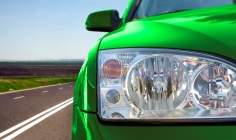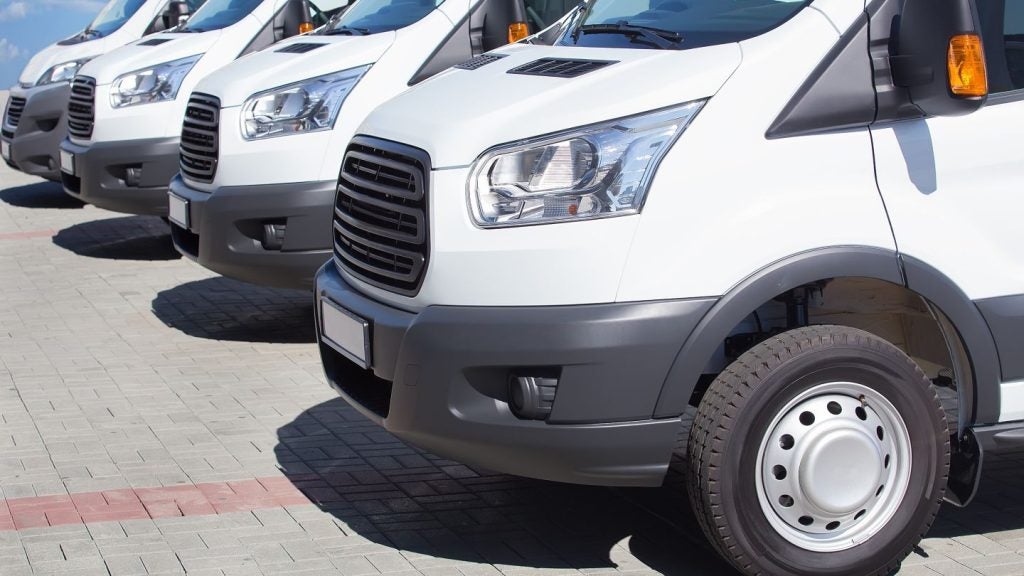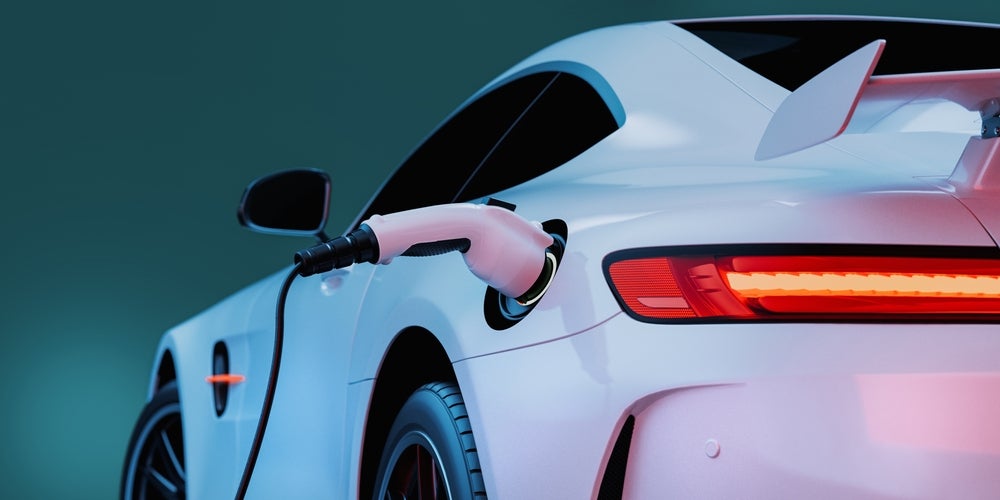
Next Green Car (NGC) has updated its NGC Rating calculator to account for known discrepancies between official and real-world carbon dioxide (CO2), nitrogen oxides (NOx) emissions.
According to the company, the decision behind the update was in response to the recent VW Group emission scandal and renewed focus on air quality.
NGC also launched a new car emissions calculator, which could be used to calculate total CO2, NOx and particulate (PM10) emissions for any new or used UK car or van. Official or real-world driving emissions can be calculated according to distance travelled and driving style.
"The need for an update to Next Green Car’s analysis is due the known gap between official and real-world test data, a difference increasing year on year. While ‘rolling-road’ tests were originally sufficient as a way of estimating on-road emissions, well documented practices employed by manufacturers have now undermined the validity of many of the test results," the company wrote.
Real-world CO2 emissions are estimated by applying ‘mpg factors’ published by the ICCT1 for petrol and diesel cars.
NGC said: "These factors vary by year from 1.07 in 2000 to 1.39 in 2015. This means, for example, that tailpipe CO2 emissions for a petrol or diesel car registered in 2015 are typically 39% higher than the official test figures suggest."

US Tariffs are shifting - will you react or anticipate?
Don’t let policy changes catch you off guard. Stay proactive with real-time data and expert analysis.
By GlobalDataFor tailpipe NOx emissions, real-world emissions are estimated by applying ‘conformity factors’ to official figures. These factors, which vary by Euro standard: Euro 2 (1.0), Euro 3 (1.5), Euro 4 (2.4), Euro 5 (3.6), Euro 6 (5.5 est.), are published by COPERT 42 and the ICCT for diesel cars.
A model-specific emissions calculator is also offered on all the individual model pages, the same methodology being used for all power-trains including pure electric and plug-in hybrid vehicles as well as conventional petrol and diesel cars.







